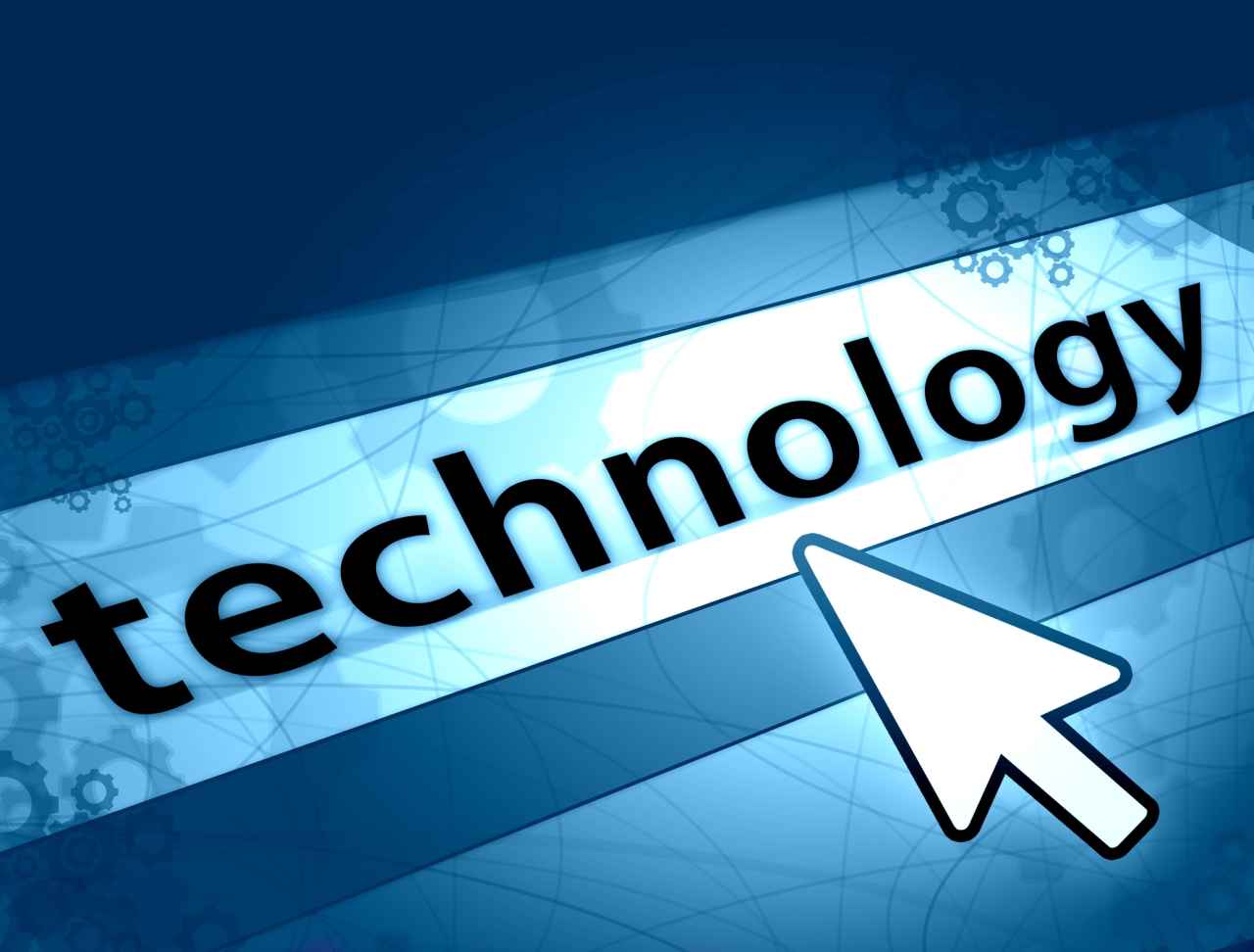Some technology must address existential issues
The current coronavirus (COVID-19) epidemic has some significance, if only to provide perspective on what is really important in our lives. Everywhere on the globe, governments and individuals are freaking out. Cities in China are literally locked-up – isolated from the rest of the world; airlines have suspended flights to China, Singapore, Iran, and South […]

The current coronavirus (COVID-19) epidemic has some significance, if only to provide perspective on what is really important in our lives. Everywhere on the globe, governments and individuals are freaking out. Cities in China are literally locked-up – isolated from the rest of the world; airlines have suspended flights to China, Singapore, Iran, and South Korea. Visitors from these countries, as well as from Italy, are given “a special treatment” at the ports of entry. Cruise ships are a potent source of COVID-19 infection, with thousands affected this way in a Japanese cruise. Social events that require many people to gather in one place have been cancelled in many parts of the world. Nigeria, with just one case of COVID-19, has advised against gathering in churches or mosques, while pilgrimage to the Middle East has been cancelled for this time. Air travel is such a serious source of infection because of the confinement, as a single infected person can pass the disease on to hundreds of people in one flight – while each of those persons could themselves infect scores of others.
So, what are the right attitudes under the current condition? I think the first and foremost attitude is for governments to acknowledge the true seriousness of the problem and seek out, listen, and take to, the opinions of medical experts. They should then mobilize the forces necessary to combat the crisis head-on. There are political leaders out there, especially in the West, who discredit the expert opinions of scientists, even when the politicians themselves do not know much. They do not believe in climate change, and describe it as a hoax. I read in the papers and heard on the radio that a government prevented an expert from giving public opinion on COVID-19.
There is also the tendency for politicians to play down the seriousness of this epidemic, or its impact on the economy and people’s psyche, as they (the politicians) do not want to be seen as weak, or have you think that things are not working well during their reign. Unfortunately, a time of crisis is not the right time for politics. The Dow Jones (Stocks Exchange) reportedly experienced its steepest single day drop in history a few days ago because of the fear of COVID-19; yet some politicians will want to have you believe that everything is fine or that they have things under control. Obviously, there is value in giving people a positive spin about situations and calming nerves; but this has meaning only when, underground, leaders are doing what they should to handle crisis. Leaders cannot deceive people and expect problems to just go away.
In fact, it is at a time like this that you will know the true leader from the fake, incompetent, or egotistic ones that we see everywhere these days. To their credit, some leaders are working very hard. Take for example, the testing of citizens for the virus. South Korea reportedly tests 35,000 people per day, whereas, according to news reports, a South Korea’s neighbor, where COVID-19 has taken a strong hold, both on land and in the sea, tests only a thousand or so per day! In the US, some municipal governments want to be allowed to carry out the testing of citizens because of the rather poor job they say their federal government is doing along this line. Yet, some politicians will tell you they and their countries are ready for anything.
The COVID-19 crisis re-emphasizes the importance of medical profession, as alluded to above. Hence, technologies that accomplish or enhance deployments in medicine will directly be addressing human existential matters. After all, without life, nothing else matters. As far as the Internet technology is concerned, for example via social media, it seems the contribution to solving the COVID-19 problem has been mostly negative, via misinformation on Facebook, Instagram, Twitter, and so on. So even though these Internet technologies have dominated our lives for the past six or so years, they are not helping us cope with COVID-19.
Under the panicky atmosphere in the world, who cares about Facebook, Instagram, or Twitter? People in affected areas are being asked to stay home for weeks. In the US, people are advised to stock their fridge with two weeks’ worth of food, just in case everyone is eventually quarantined in their homes. These are problems that social media cannot help to solve. I just mentioned “fridge.” Well, without a fridge, it will be hard to stock up on perishable foods. And don’t forget about the electricity needed to power the fridge. Ironically, the products of the first and second industrial revolution top the list of the kinds of non-medical technologies that help us live.
With all these airplanes grounded because of COVID-19, haven’t we just found out that air travel doesn’t really fulfill our existential needs? Obviously, it would be nice to be able to move around the world, but at this time, you will need technologies that prevent infection, even if you are seated next to a sick person in an airplane.
As you can see, you can have a lot in technology and yet not be prepared for life! This is what I’ll call “perspective.” Thinking up the “right kind of technology” may be what some of us need to be doing.
